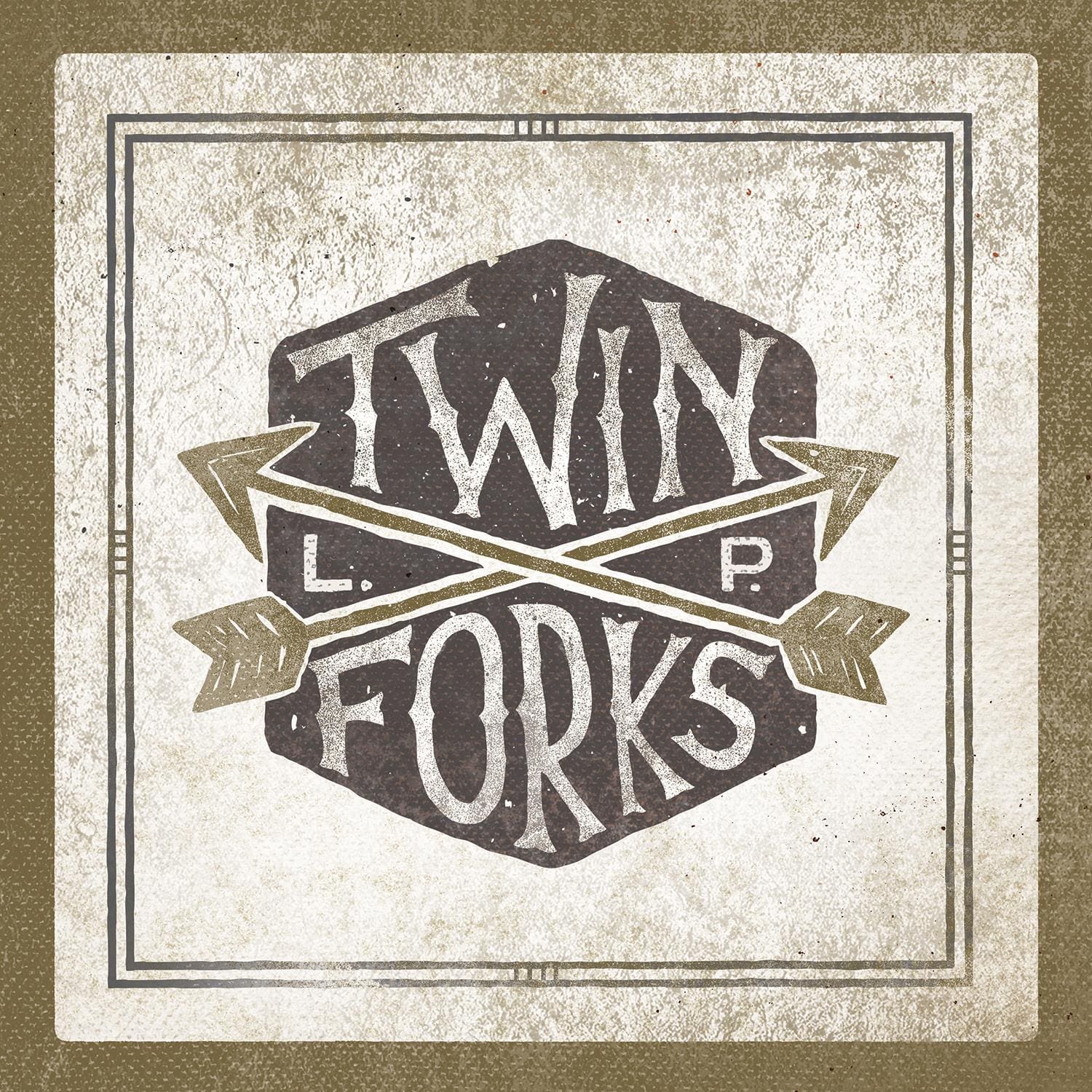
In the USA Today premiere of Twin Forks’ debut record, frontman Chris Carrabba says his new venture is “different from Dashboard Confessional in every way” and referred to it as a “major transitional piece.” If you ask me, a fan of Carrabba’s since I was an angsty teen wearing baggy black pants from Hot Topic, I would say there isn’t too much of a significant difference between Twin Forks and the early days of Dashboard Confessional.
Now, this doesn’t mean I dislike like it nor am I totally dismissing Carrabba’s statements. They do hold some truth to them. Unlike the albums from Carrabba’s other bands Dashboard Confessional and Further Seems Forever, Twin Fork’s self-titled record has folk and bluegrass influences. With this, comes some new brand new elements accompanying Carrabba’s voice including fast tempos, various instrumental accompaniments, and some pretty catchy romantic melodies.
In addition, the tone is really upbeat on this record. This may be a surprise for most Carrabba fans, but I thought it was a tad predictable. I mean, lets face the facts, shall we? Carrabba is known for being a pioneer in the pop-punk and emo movements of the early ‘00s. He spent over a decade singing and writing sad songs that were meant to pull at the heartstrings of angsty teenagers and 20-somethings. You can’t really expect Carrabba not to change things up a bit. In fact, if you really look back on the recent albums from Dashboard Confessional (Shade of the Poison Trees and Alter the Ending, specifically) you can kind of tell this is what he was striving for all along. Although there were handful of sad songs on this album, it was refreshing that it wasn’t overwhelmingly depressing. I also loved that the more sanguine tracks, “Can’t Be Broken,” “Back to You,” and “Scraping Up the Pieces” were placed in the beginning. This was really effective in drawing my curiosity and convincing me to listen to more.
But as expected, it wasn’t all sunshine and rainbows, and slowly became more melancholy as the album went on. I kind of expected there to be a few sad tracks, but there wasn’t really an distinctive balance. “Plans,” “Done is Done,” and “Come On” were the stand-out slow acoustic tracks, and were unsurprisingly reminiscent to songs off of Swiss Army Romance or Places You Have Come to Fear the Most. Not that this is a bad thing by any means. I loved those albums a lot. But that lack of versatility makes me believe Carrabba isn’t 100% ready to give up his emo roots just yet.
Despite the lack of differentiation, I will say that I overall really loved this album. I know that doesn’t say much. I’m a little bias since I’ve been a huge fan of Carrabba for so long. But I mean it when I say that Carrabba, Suzie Zeldin, Johnathan Clark and Ben Homola make a great team. The main drawback here is that Carrabba still hasn’t found that perfect equilibrium between what works and what he’s already done before in his song-writing. But this can easily be fixed as the band continues to change and grow.


Comments are closed.